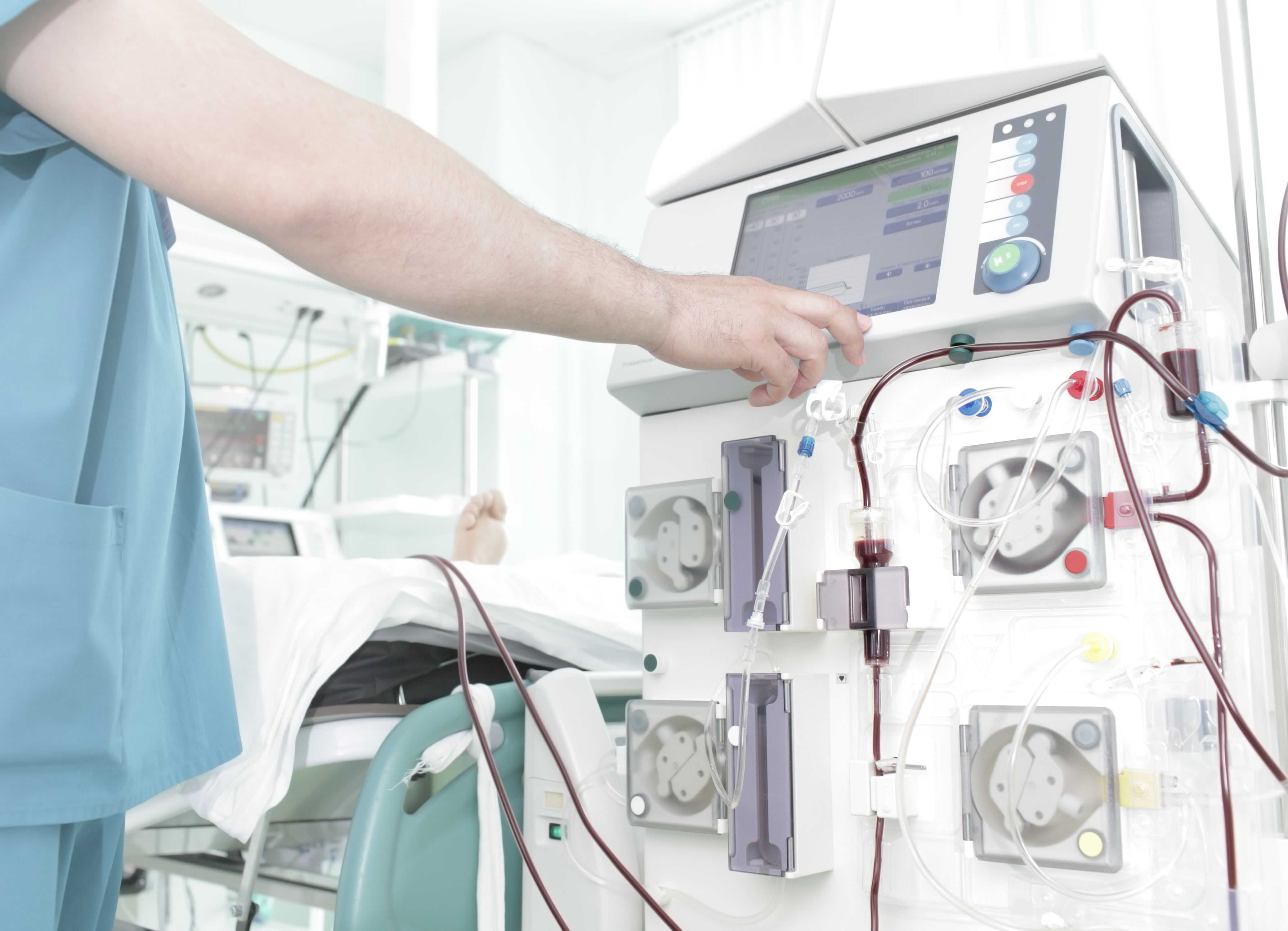
The Phase 3 LOCK-IT-100 clinical trial for DefenCath was recommended for an early termination based on the demonstrated efficacy in treating catheter-related bloodstream infections in adults with kidney failure administered chronic hemodialysis.
The FDA has approved CorMedix Inc’s Defencath (taurolidine and heparin) catheter lock solution (CLS) for the prevention and treatment of catheter-related bloodstream infections (CRBSIs) in adults with kidney failure administered chronic hemodialysis via a central venous catheter (CVC).1
The sterile, preservative-free, clear, aqueous-based Defencath is the now first and only antimicrobial CLS approved in the United States.
“The approval of DefenCath marks a major advancement in reducing life-threatening infections for patients receiving hemodialysis via central venous catheters and an important milestone for CorMedix,” said Joseph Todisco, chief executive officer of CorMedix, in a press release.2 “As the first FDA-approved antimicrobial catheter lock solution designed to prevent CRBSIs, DefenCath offers healthcare providers an option to reduce the risk of infections in a patient population already vulnerable due to underlying kidney failure. We thank all the patients, caregivers, clinical investigators, and our employees who have played an integral role in the development and regulatory approval of DefenCath. Our commercial team along with our broader organization is preparing for commercial launch, and we look forward to working with healthcare providers and facilities to give hemodialysis patients access to DefenCath in early 2024.”
The approval of DefenCath was based on findings from the Phase 3 LOCK-IT-100 clinical study. The randomized, double-blind, active control, multicenter trial analyzed the efficacy and safety of DefenCath in lowering CRBSI incidence in patients with kidney failure undergoing chronic hemodialysis.
Investigators randomly assigned 806 patients to receive either DefenCath or heparin as a CLS. Patients using DefenCath showed a lower incidence of CRBSIs vs. patients in the control cohort, with a statistically significant 71% drop in the risk of developing a CRBSI. LOCK-IT-100 was recommended for an early termination based on the demonstrated efficacy and a pre-specified level of statistical significance with no safety concerns by an independent Data Safety and Monitoring Board.
Adverse events (AEs) were found to be similar in both the treatment and control cohorts. Among potential AEs, 0.3% of patients administered Defencath experienced heparin-induced thrombocytopenia (HIT), which can lead to life-threatening clotting in veins and arteries. The FDA advises to cease treatment with Defencath should HIT occur and to begin treatment with a different medication.
Advertisement
Hypersensitivity reactions were reported in 0.5% of patients in the study, in which case the FDA said use of Defencath should be discontinued. Other potential AEs include hemodialysis catheter malfunction, hemorrhage/bleeding, nausea, vomiting, dizziness, and musculoskeletal chest pain.
Renal failure is caused by the inability of the kidneys to filter out waste products and excess water from the body. To treat the condition, patients typically undergo hemodialysis, peritoneal dialysis, or a kidney transplant. Hemodialysis filters waste and excess water from the blood and typically requires a catheter for the filtration process, which can lead to an increased bloodstream infection risk.
“Patients and their loved ones have faced many burdens related to kidney failure, including complications caused by catheter related bloodstream infections and associated loss of work, severe disability and death,” said Edward V. Hickey, III, president of the American Association of Kidney Patients and Chair of the Veterans Health Initiative, in a press release.2 “Until now, patients who need hemodialysis via a central venous catheter have had little choice other than to accept high infection risks associated with the existing standard of care. The FDA’s approval of DefenCath is a meaningful moment for patients and their healthcare providers because they now have a new alternative to reduce the risks of CRBSIs.”
References
1. FDA Approves New Drug Under Special Pathway for Patients Receiving Hemodialysis. U.S. Food & Drug Administration. November 15, 2023. https://www.fda.gov/drugs/news-events-human-drugs/fda-approves-new-drug-under-special-pathway-patients-receiving-hemodialysis?utm_medium=email&utm_source=govdelivery. Accessed November 15, 2023.
2. CorMedix Inc. Announces FDA Approval of DefenCath® to Reduce the Incidence of Catheter-Related Bloodstream Infections in Adult Hemodialysis Patients. CorMedix Inc. News release. Published November 15, 2023. Accessed November 15, 2023. https://www.globenewswire.com/news-release/2023/11/15/2781334/0/en/CorMedix-Inc-Announces-FDA-Approval-of-DefenCath-to-Reduce-the-Incidence-of-Catheter-Related-Bloodstream-Infections-in-Adult-Hemodialysis-Patients.html
- SEO Powered Content & PR Distribution. Get Amplified Today.
- PlatoData.Network Vertical Generative Ai. Empower Yourself. Access Here.
- PlatoAiStream. Web3 Intelligence. Knowledge Amplified. Access Here.
- PlatoESG. Carbon, CleanTech, Energy, Environment, Solar, Waste Management. Access Here.
- PlatoHealth. Biotech and Clinical Trials Intelligence. Access Here.
- Source: https://www.appliedclinicaltrialsonline.com/view/defencath-approved-by-fda-for-catheter-related-bloodstream-infections-in-patients-with-with-kidney-failure
